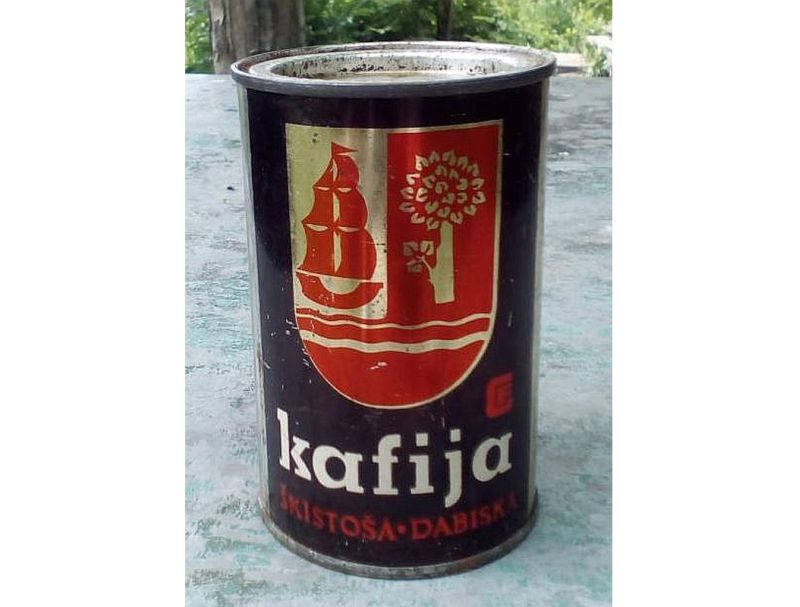
Liepāja sugar factories in the twentieth century. 70’s coffee can.
Archive photo
Viesturs Sprude, “Latvijas Avīze”, JSC “Latvijas Mediji”
50 years ago, the newspaper “Cīņa” reported: “The installation of technological equipment in the instant coffee shop of the Liepāja sugar factory has been completed. In our republic, this is a new industry and all the difficulties associated with the installation of complex hardware are already The assemblers, who benefited from the experience gained by Muscovites and Leningrad, are currently adapting the mechanisms.
In the first half of December, the workshop team will begin releasing production as planned. 30,000 one-hundred-gram cans of coffee will be delivered to our national sales network every day. “The processing equipment produced in Denmark was installed in one of the factory’s old workshops, whose reconstruction began in March, but was put into operation. it runs on 23 November, although the first Liepaja “soft coffee” was originally promised as early as the “October holidays”.
The actual production began around mid-December. The line installed in Liepāja was one of five built throughout the USSR at that time. It was supposed to serve 80 people. The beans were imported from Uganda, Brazil and Indonesia. As was customary in the USSR, plans were one thing, reality another. It turned out that errors were initially made in the adjustment of the equipment, and after a few months there was a shortage of tin cans, which should have been delivered from Moscow and Odessa.
The tin workshop itself was only planned in 1974. Even the Latvian SSR press admitted at the end of 1973 that many residents of the republic have not yet had the chance to taste Liepāja coffee, because it was first sent to the “fraternal republics” and in the northern regions. Thirty thousand boxes for the huge USSR was a drop in the ocean.
During the years of the Soviet regime, Liepāja coffee could be proud of the state of shortage, as it was considered to be of the highest quality and was only available in stores from time to time. Today, “Liepāja coffee factory” continues to operate as the only instant and ground coffee factory in the Baltic countries with a complete production cycle. Since 2013 it is a joint venture of Ukrainian and English capital.
Themes


